Priceless Roman sarcophagus heads home after legal saga
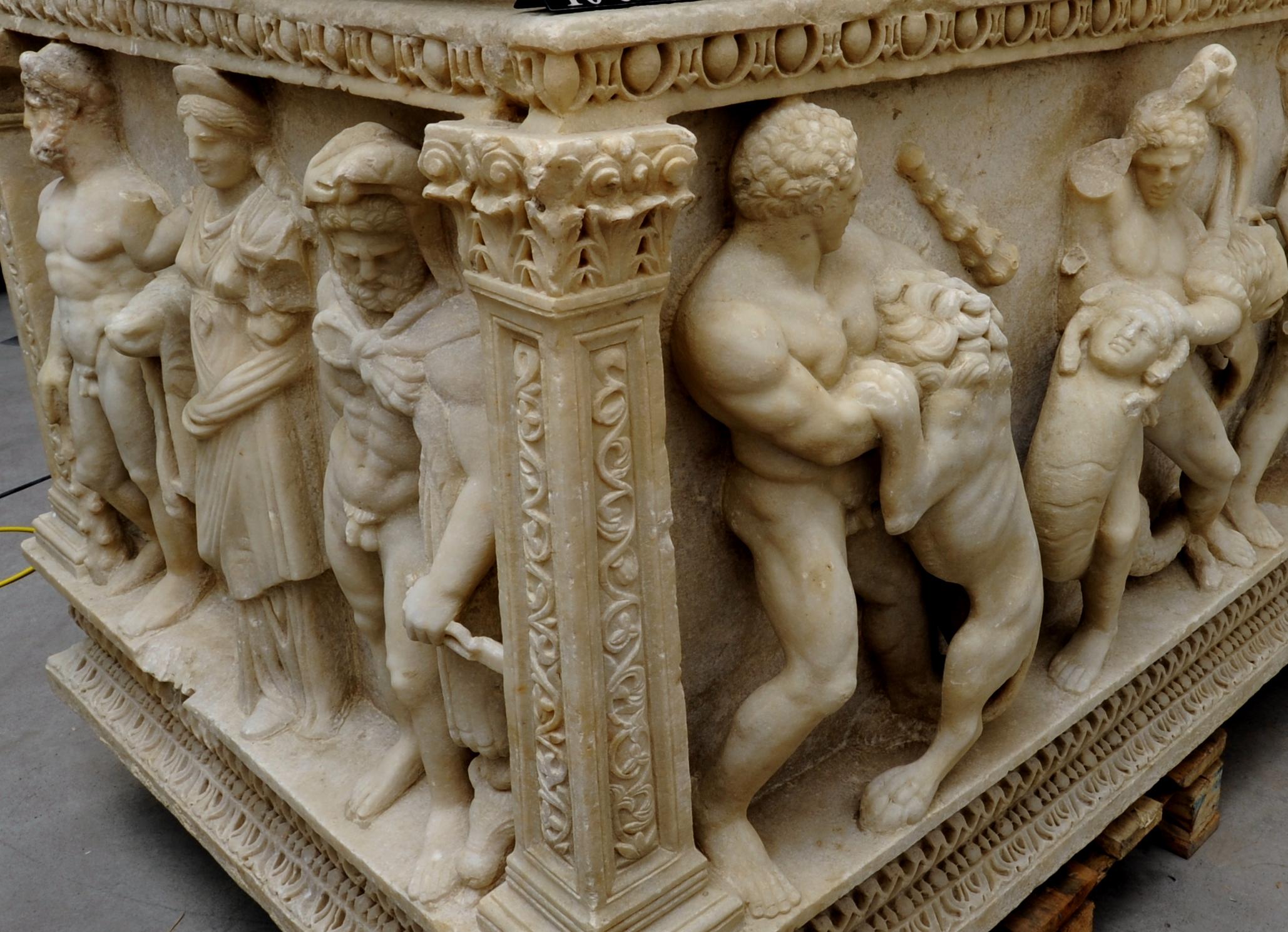
Seven years after it was discovered in a Geneva free port, a rare Roman Empire-era sarcophagus carved with the 12 Labours of Hercules is returning to Turkey this week. The long-running legal saga symbolises the huge challenges surrounding the restitution of artefacts and Swiss free ports.
This Wednesday the ornately decorated 2nd-century AD marble sarcophagusExternal link, one of only four of its kind in the world which experts say is the most beautiful, is due to be loaded onto a cargo plane at Zurich airport. From there it will be flown to Turkey, where it will be displayed in the Archaeological Museum in AntalyaExternal link.
This marks the culmination of a drawn-out ownership battle over the three-tonne marble coffin that has involved prosecutors, lawyers, customs and police officers, art dealers, archaeologists and numerous other specialists.
“It was a huge work,” said Turkey’s consul general Barbaros Dicle. “There has been massive cooperation between Swiss and Turkish authorities and prosecutors’ offices. They did a thorough investigation and finally convinced the Geneva authorities that the sarcophagus was originally from Turkey and it was excavated illegally so needed to return to Turkey.”
The sarcophagus is thought to have been smuggled out of Turkey in the 1970s before Swiss customs officials stumbled upon it during checks at Geneva’s huge free port warehouse complex in 2010.
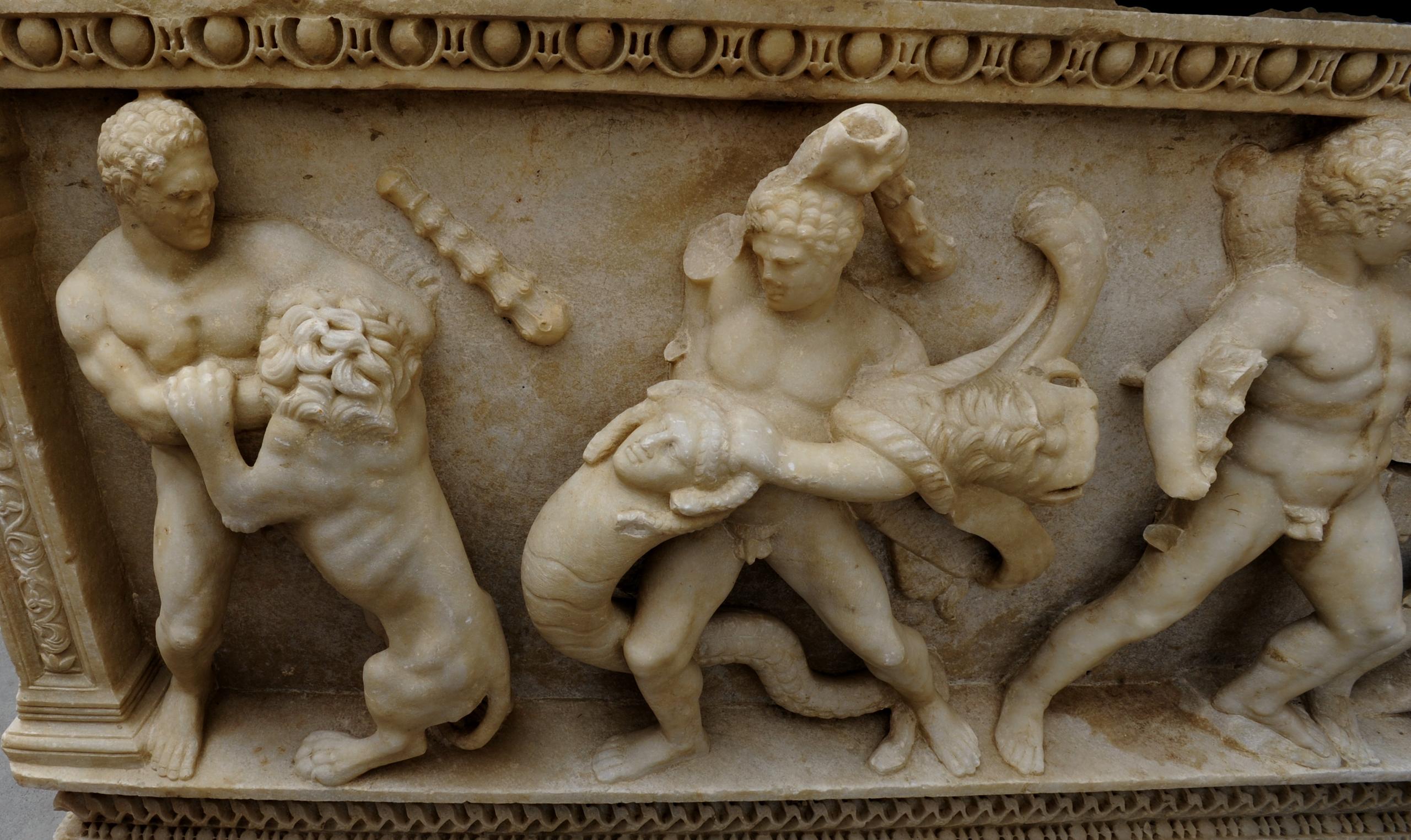
A ‘long legal battle’
Geneva-based antiques dealer Phoenix Ancient ArtExternal link, which had legal possession of the sarcophagus, had tried to block the restitution before finally abandoning its efforts before the Swiss courts in March 2016. The company had appealed a decision in September 2015 by the Geneva public prosecutor’s officeExternal link to hand over the sarcophagus to Turkey.
“I inherited the sarcophagus from my father who bought it totally legally, like all the objects he bought, in accordance with the laws of the time,” said co-owner Ali Aboutaam. His deceased father Sleiman Aboutaam, a Lebanese art dealer, allegedly purchased the object in the 1990s.
During the restitution procedure, Geneva and Antalya prosecutors found that the sarcophagus had been removed from Turkey after being dug up in illegal archaeological excavations in the 1970s on the site of the necropolis in the ancient town of Perga in Antalya.
But it is unclear exactly how the priceless sarcophagus ended up being sold and transferred to the Geneva free port warehouse.
In 1998, Sleiman Aboutaam died in a Swissair plane crash off the coast of Nova Scotia. The Geneva prosecutor’s office closed its criminal investigation into the sarcophagus in 2015.
Ali Aboutaam said he had cooperated with the Swiss and Turkish authorities over the restitution and was “satisfied” how the case had been resolved.
“It’s been a long legal battle,” Aboutaam told swissinfo.ch. “A page has been turned. I’m now thinking about the future.”
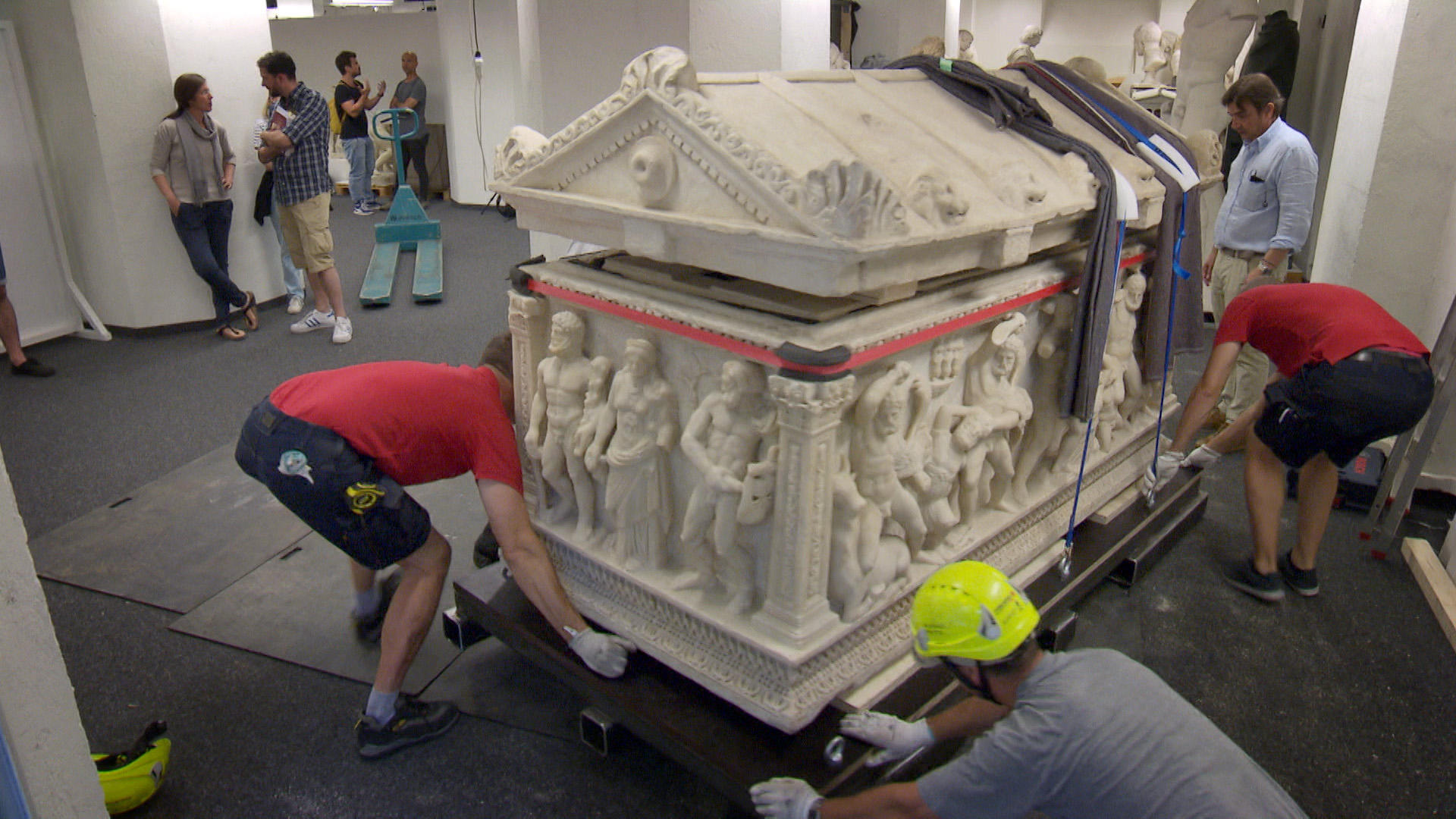
More
Ancient smuggled sarcophagus prepares to return to Turkey
Opaque storage
But the Hercules sarcophagus affair has once again put the spotlight on Switzerland’s efforts to prevent looted cultural goods from ending up in its warehouses.
Originally designed to temporarily store commodities and later manufactured goods in transit, Swiss free ports are increasingly used as permanent homes by investors and collectors. Geneva is known as the world’s largest tax-free storage site for art.
But free ports are not risk-free. A 2014 report by the Swiss Federal Audit Office warned free ports could be used for fiscal optimisation or to circumvent laws on “cultural goods, war materials, medicines or the trade in raw diamonds”. External pressure has come via bodies such as the International Financial Action Task Force (GAFI).External link
While slow to react, over the past decade the small alpine nation has been steadily tightening relevant laws and procedures. In 2005, Switzerland introduced legislation to verify provenance and ownership of all cultural goods and in 2009 it made complete inventories obligatory. Since 1 January 2016, art collectors and businesses must comply with a new stricter anti-money laundering law and the Geneva free port management also claims to have gone beyond the current minimum legal framework to introduce tougher internal measures such as identifying final beneficiaries.
“There is a new dynamic,” said Geneva prosecutor Claudio Mascotto. “Since the introduction of the 2005 law on international transfer of cultural goods, we have a customs notification system that has led to intensified checks. Swiss customs have become more aware of their increasingly important role and taken on people like archaeologists to investigate cases.”
Good cooperation
For the Hercules sarcophagus, cooperation between Swiss customs, the Federal Police Office, the Federal Office for Culture and the scientific community was excellent, he added.
Lawyer Marc-Andre RenoldExternal link, an expert in cultural artefacts who represented the Turkish government, agreed.
“The main lesson is that you shouldn’t feel discouraged in such cases,” he said. “It’s difficult but we have the means and legal tools to get there. The biggest difficulty for the state was to prove the origin of the sarcophagus but we managed to do so thanks to help from the archaeologists, scientists and prosecutor’s office.”
Despite this apparent legal progress, other cultural goods controversies are likely to continue to surface.
“There are lots of other cases, I can assure you,” said Renold.
Last November, Geneva’s art world suffered a blow to its reputation when prosecutors seized cultural relics looted from Syria’s ancient city of Palmyra, as well as from Libya and Yemen, which were being stored in the Geneva free port. Nine of these objects seized by the Geneva attorney general’s office are currently on display to the public at Geneva’s Art and History Museum. External link
“In such a big art warehouse as the Geneva free port there are probably some old cases and maybe some new ones too, as some people take much longer to realise that a paradigm change has taken place,” said Mascotto.

In compliance with the JTI standards
More: SWI swissinfo.ch certified by the Journalism Trust Initiative











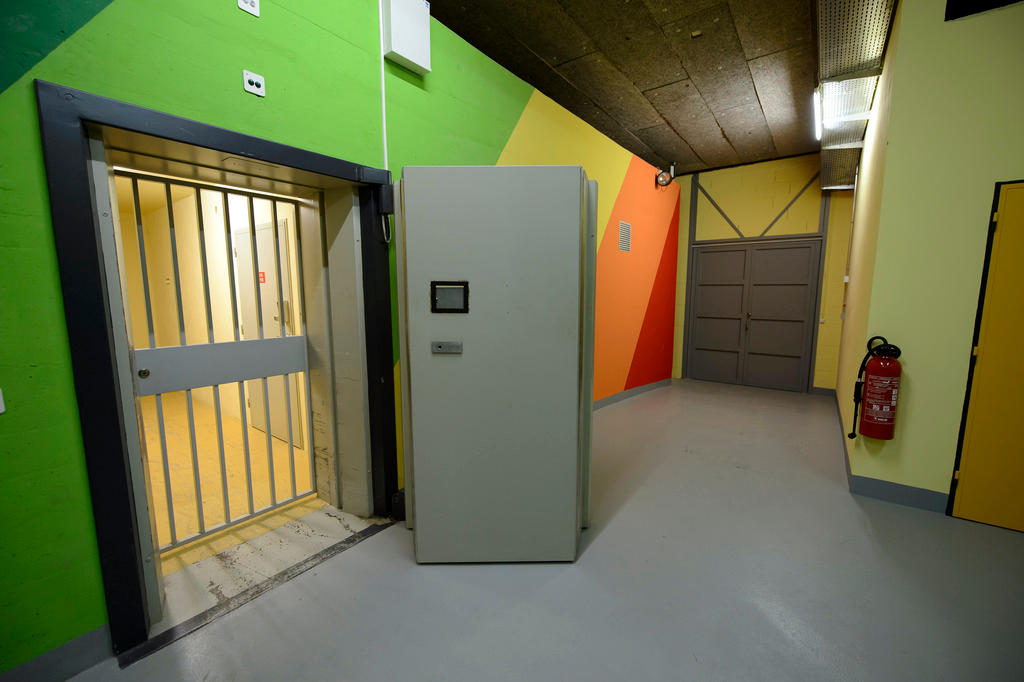
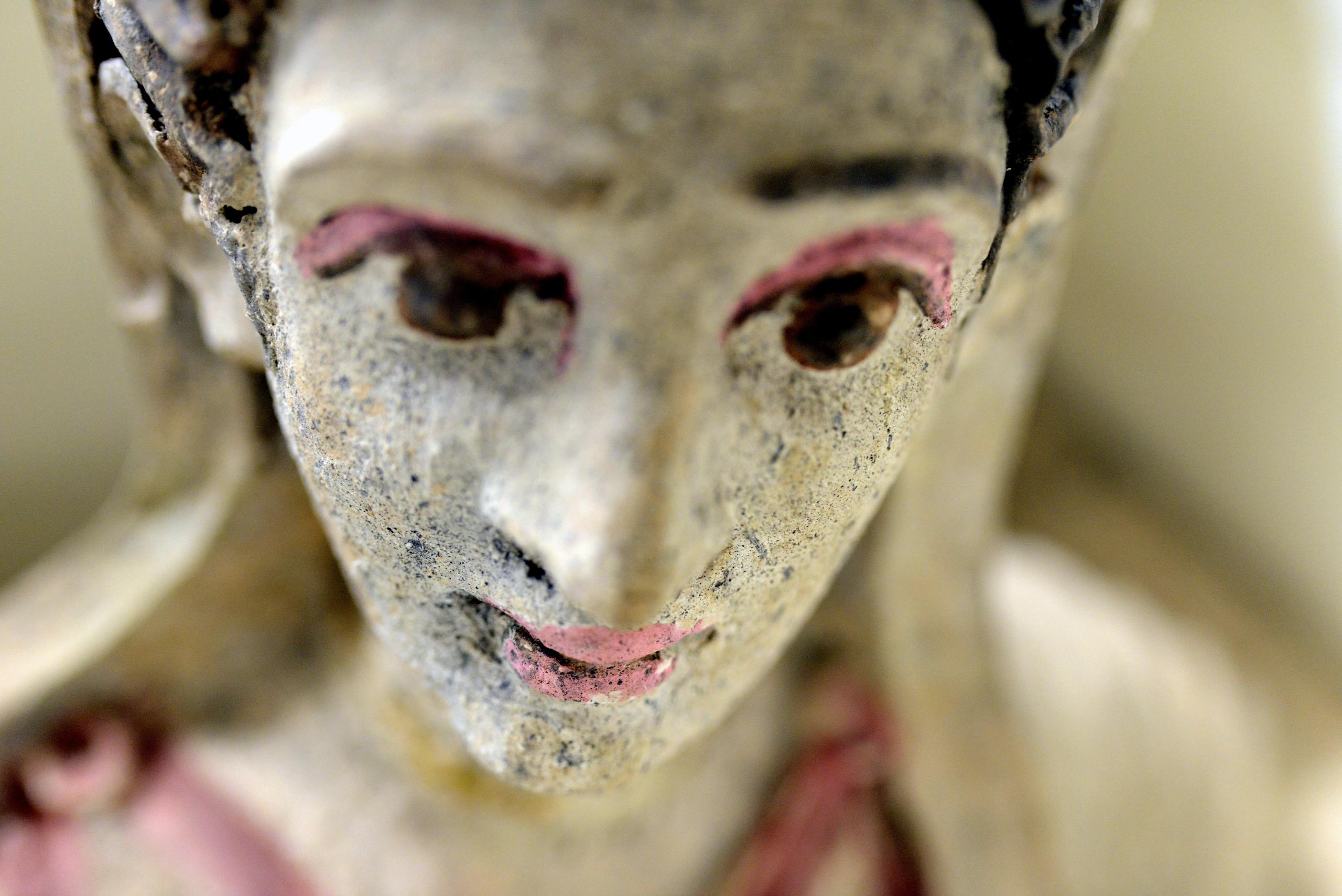

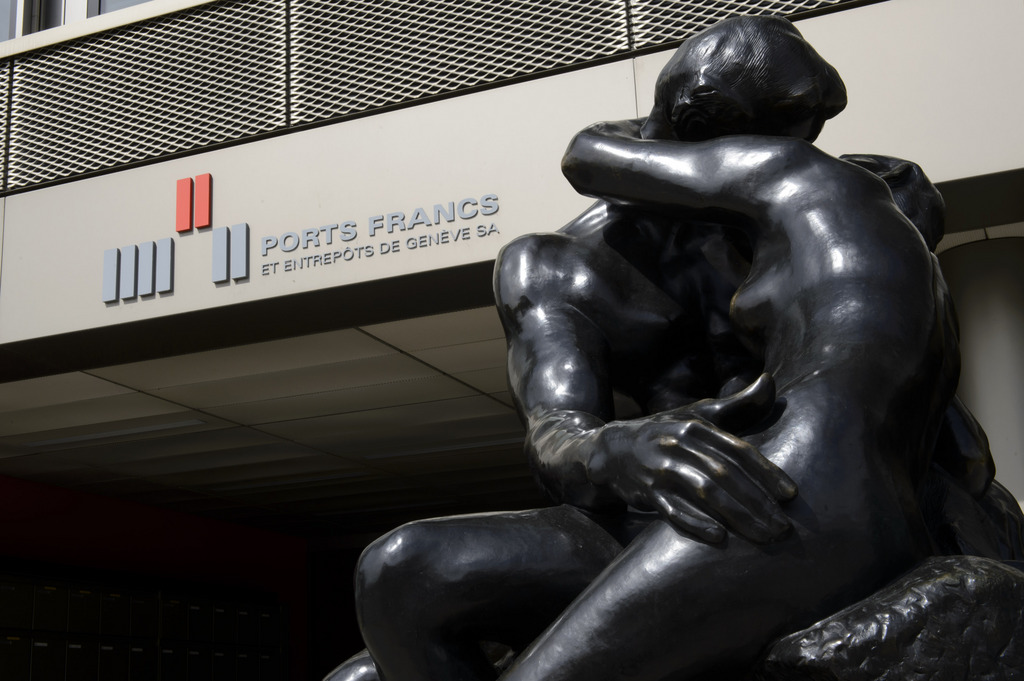
You can find an overview of ongoing debates with our journalists here . Please join us!
If you want to start a conversation about a topic raised in this article or want to report factual errors, email us at english@swissinfo.ch.